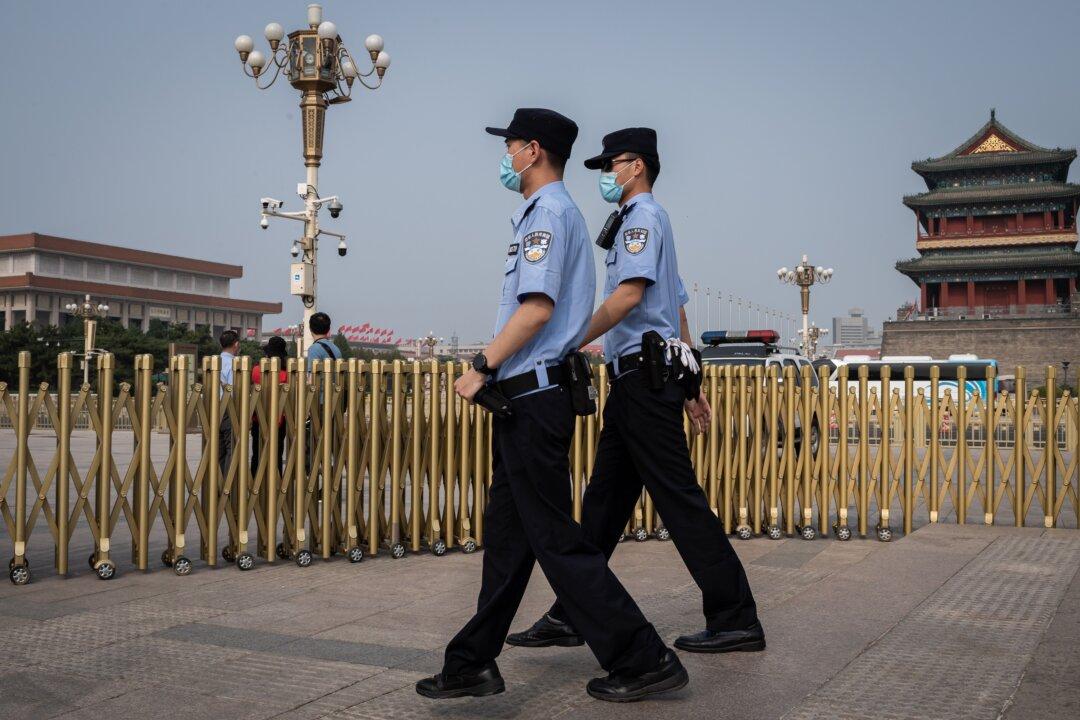A senior White House adviser decried the “shocking lack of diversity in voices” under the Chinese communist regime, in the first known speech given by a U.S. official in Mandarin Chinese.
Matthew Pottinger, the White House’s deputy national security adviser on Asia, highlighted the regime’s suppression of those who sought to speak the truth amid the CCP virus outbreak, including doctors and citizen journalists, and heralded them as “civic-minded citizens” who committed “big acts of bravery.”





